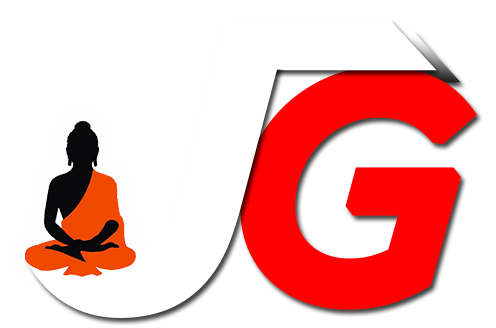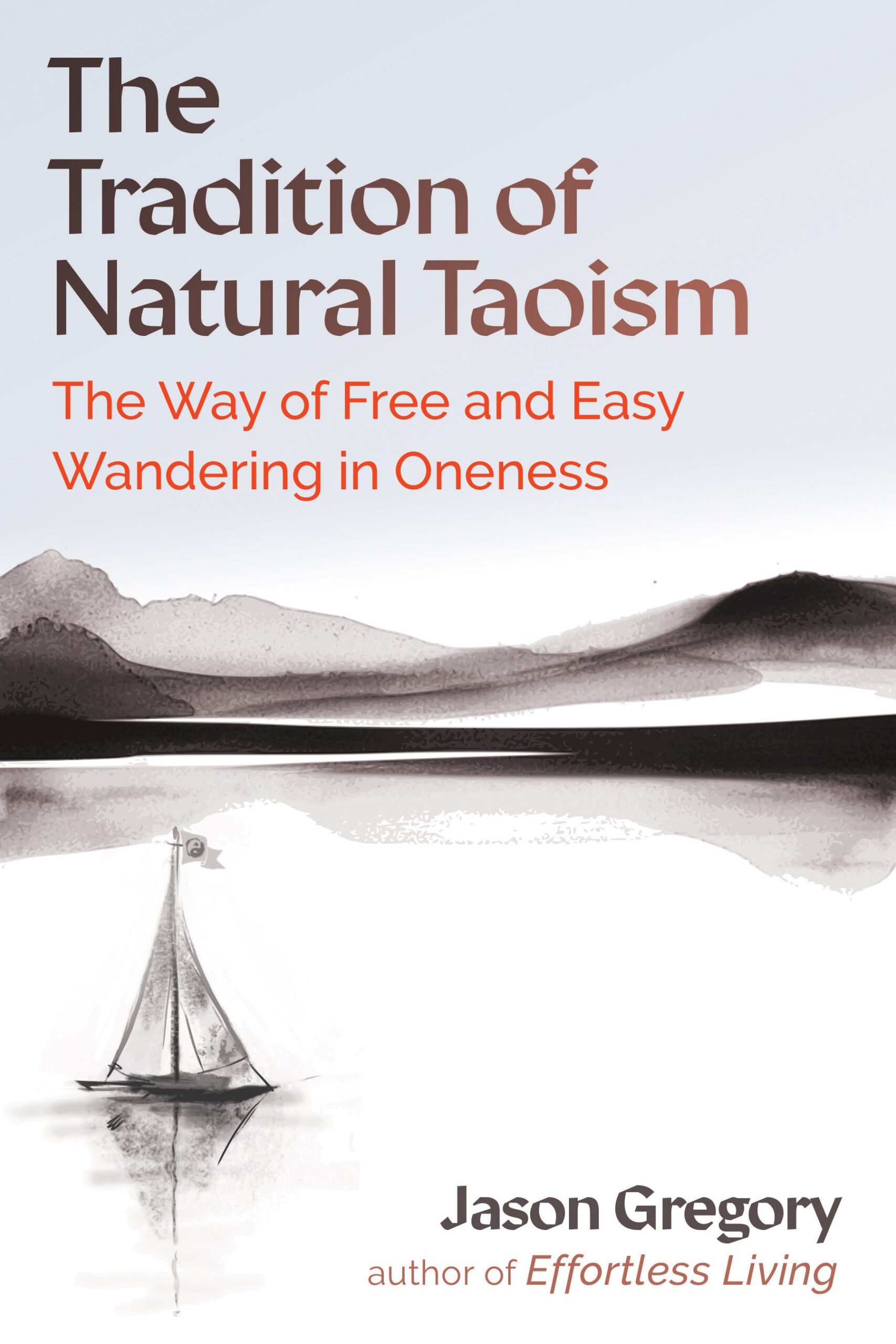The Next Stage of Human Evolution
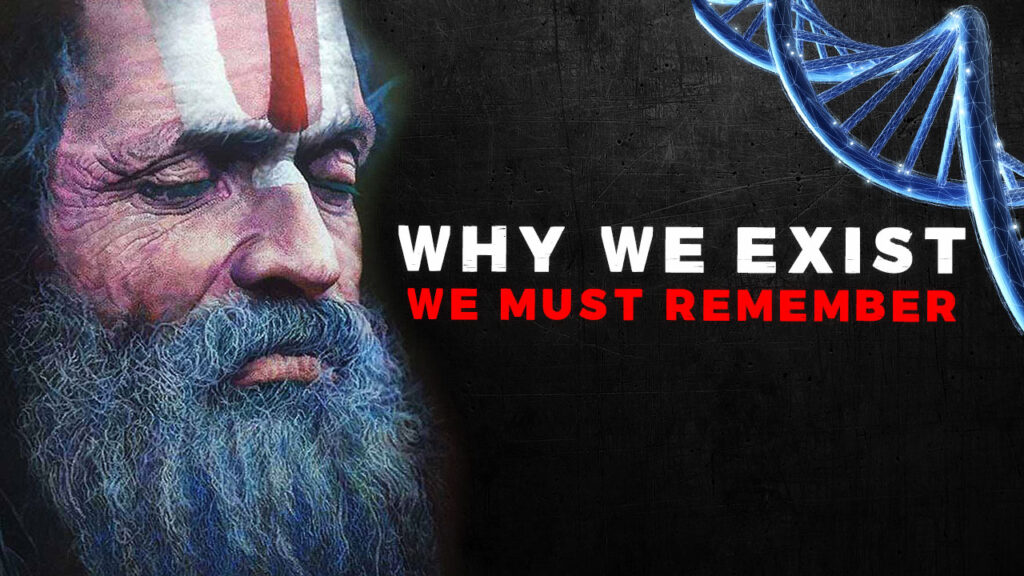
In this podcast, we will explain the next evolution of human consciousness, essentially the great opportunity it is to be human. The Eastern spiritual traditions have always guided us towards this next evolution, but we’ve designed a world where we are exponentially forgetting the sacred due to our habit of succumbing to our animal past that locks us in a psychological state of fear, where status, fame, wealth, security, and protection are the highest priorities. But always in the background are the symbols, texts, and sages of the mystical traditions pointing us to the source of all existence that transcends all life but is also immanent within all life. Something within us is always gently whispering, “Do you remember? Why do you exist?” The evolution of consciousness is a remembering process and a turning away from the forgetting process of Samsara. But what are we trying to remember? The answer to this question is imperative to understand for the next stage of human evolution to take place. NOTE: This site directs people to Amazon and is an Amazon Associate member. As an Amazon Associate I earn from qualifying purchases, at no additional cost to you. The pages on this website may contain affiliate links, which means I may receive a commission if you click a link and purchase something that I have recommended. This goes a tiny way towards defraying the costs of maintaining this site.
BRAHMAN & TAO | The Ultimate Reality Beyond God
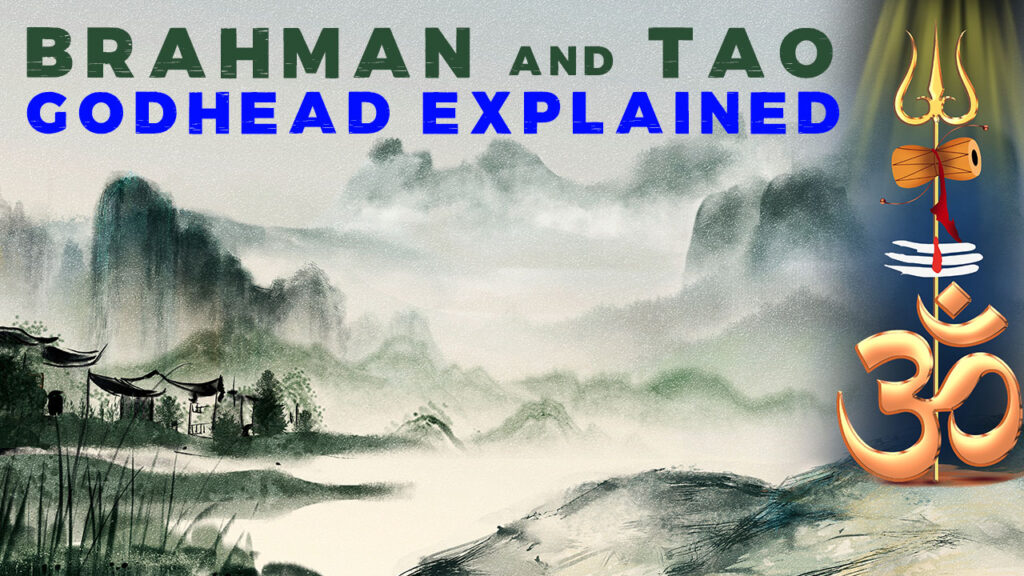
When Westerners hear about the ultimate reality within Eastern philosophy and spirituality, they often confuse it with the idea of God. But the ultimate reality in the East is not a creator who is judging our lives according to a set of beliefs. The ultimate reality in the East is related to the way of nature and it is the substratum of the universe, a supreme consciousness that is eternal and dwells within all of our beings as one. This substratum has been termed Brahman and Tao, which many people have heard me mention and at times explain in my videos. In this episode of Ask Jason, I will answer a few questions regarding the nature of Brahman and Tao, what are they? Are they the same? Are they in any way related to the Abrahamic religious understanding of God? All will be revealed. NOTE: This site directs people to Amazon and is an Amazon Associate member. As an Amazon Associate I earn from qualifying purchases, at no additional cost to you. The pages on this website may contain affiliate links, which means I may receive a commission if you click a link and purchase something that I have recommended. This goes a tiny way towards defraying the costs of maintaining this site.
The Importance of Spirituality in 2021
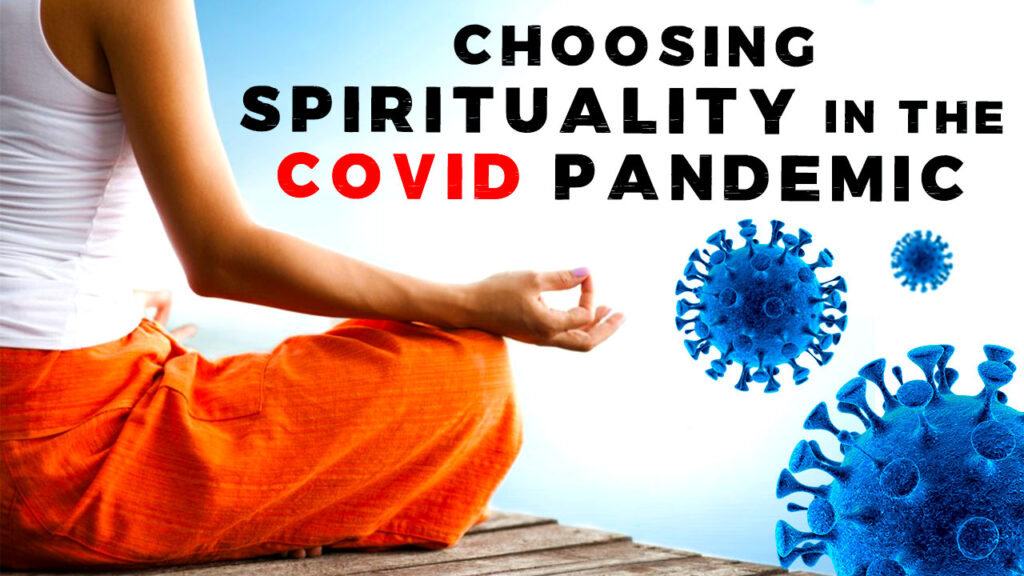
In this podcast, we will explain why it is important to focus on spirituality in 2021. 2020 for many was a year to forget. But what 2020 did expose is that there are many people who believe they are spiritual but when a little pressure is applied, they become emotional and reactive. This is a common trait with new age spirituality and this is why I focus on the authentic teachings of the East without any flimflam or BS. We need to truly understand what it means to be spiritual, especially from the perspective of the Eastern spiritual traditions, as they are focused on the nature of consciousness and inner self-work. In a time when the winds of change are like a tornado, we need to be soft and flexible to move efficaciously with the everchanging universal river of Tao. NOTE: This site directs people to Amazon and is an Amazon Associate member. As an Amazon Associate I earn from qualifying purchases, at no additional cost to you. The pages on this website may contain affiliate links, which means I may receive a commission if you click a link and purchase something that I have recommended. This goes a tiny way towards defraying the costs of maintaining this site.
DOCUMENTARY ON THE HUMAN CONDITION | Why The World Is Always In Conflict
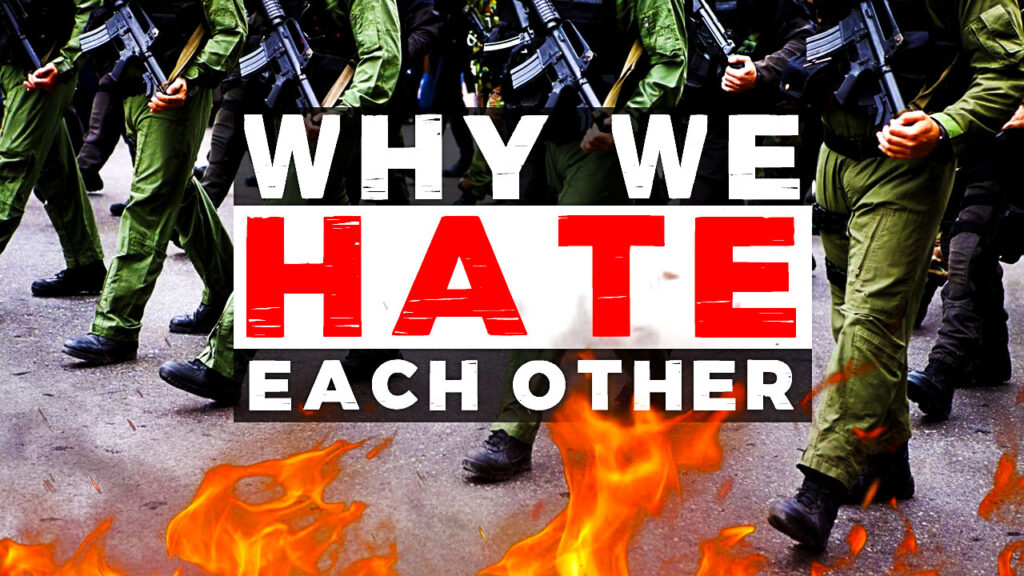
There is so much hatred in the world. Many people banding together based on group identification. As a result, our perception of the world is clouded, and we’re unable to see the world as it truly is. Division and conflict are the result when we are literally blind to the truth. The fabric of society is built on the foundation that separation is true. But is separation really true? Or is separation the heart of a tired old game that is the root cause of all the problems in the world? If our mentality of separation is true, then why does it only cause conflict? In this documentary, I will tackle these questions head on. I will address the adult conversation we try to avoid having. NOTE: This site directs people to Amazon and is an Amazon Associate member. As an Amazon Associate I earn from qualifying purchases, at no additional cost to you. The pages on this website may contain affiliate links, which means I may receive a commission if you click a link and purchase something that I have recommended. This goes a tiny way towards defraying the costs of maintaining this site.
The Secret Meaning of 33 to Enlightenment (Order Out of Chaos, Jesus in India, Chakras, Freemasonry)
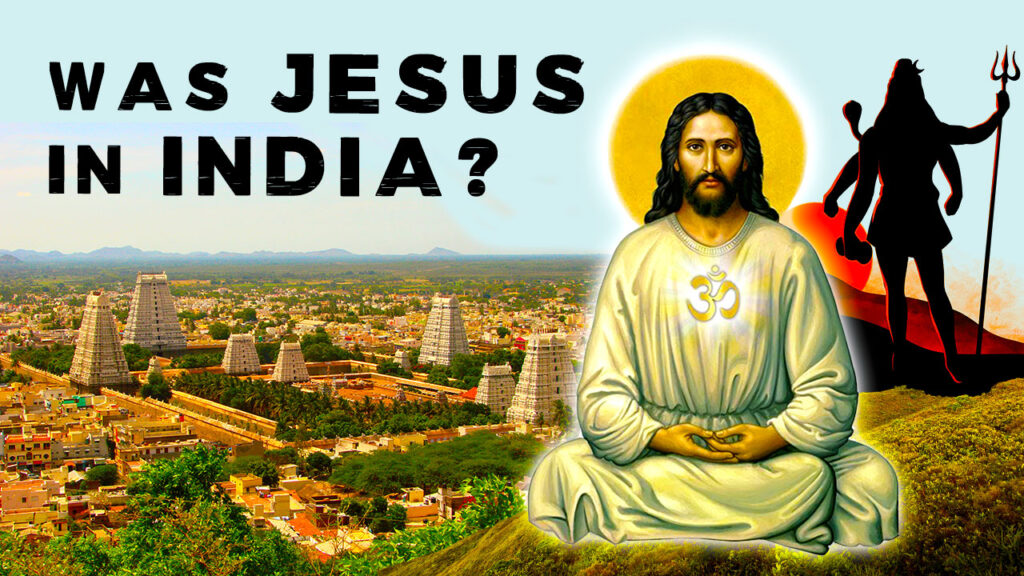
In this podcast, we will explore the evolution of perception that we experience in our consciousness as a result of the spiritual process. This is a multifaceted topic which requires us to delve into the occult proverb of order out of chaos and the number 33 and why they are significant and relate to enlightenment, the chakra system, and the mythology embedded in the death and resurrection story of Jesus. Are the secrets of the mystical knowledge of the evolution of perception found in the theory that Jesus was in India during his 18 missing years learning the way of the Buddha and the yogis? Find out! NOTE: This site directs people to Amazon and is an Amazon Associate member. As an Amazon Associate I earn from qualifying purchases, at no additional cost to you. The pages on this website may contain affiliate links, which means I may receive a commission if you click a link and purchase something that I have recommended. This goes a tiny way towards defraying the costs of maintaining this site.
FREE AUDIOBOOK | Effortless Living
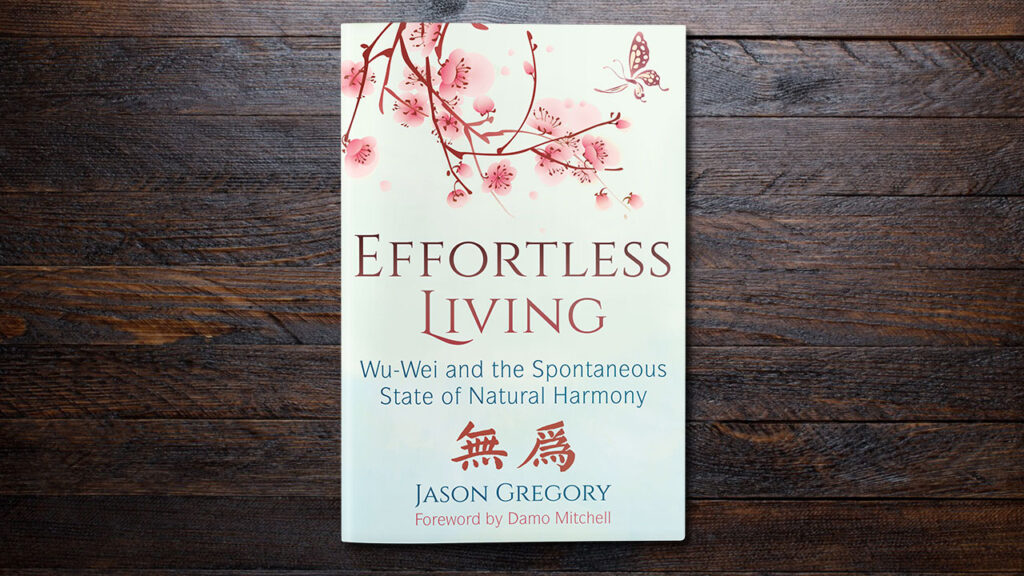
Effortless Living is fast becoming a book to understand the Eastern mind and way of life. Not only is it popular among Taoists and people interested in Taoism, but it is also being read by Hindus, Buddhists, and secular people as well, since it merges Taoist philosophy, Hindu principles, Buddhism, and Confucianism with recent scientific findings. My intention for the book was to reveal the way of nature that we can all live without force or control, allowing the Tao to run its natural course. To thank everyone for supporting this book over the years and all of my wonderful YouTube and website subscribers, I have uploaded the introduction to the audiobook version for free. I hope you all enjoy. NOTE: This site directs people to Amazon and is an Amazon Associate member. As an Amazon Associate I earn from qualifying purchases, at no additional cost to you. The pages on this website may contain affiliate links, which means I may receive a commission if you click a link and purchase something that I have recommended. This goes a tiny way towards defraying the costs of maintaining this site.
Why the World is Not Real (What is Maya?)
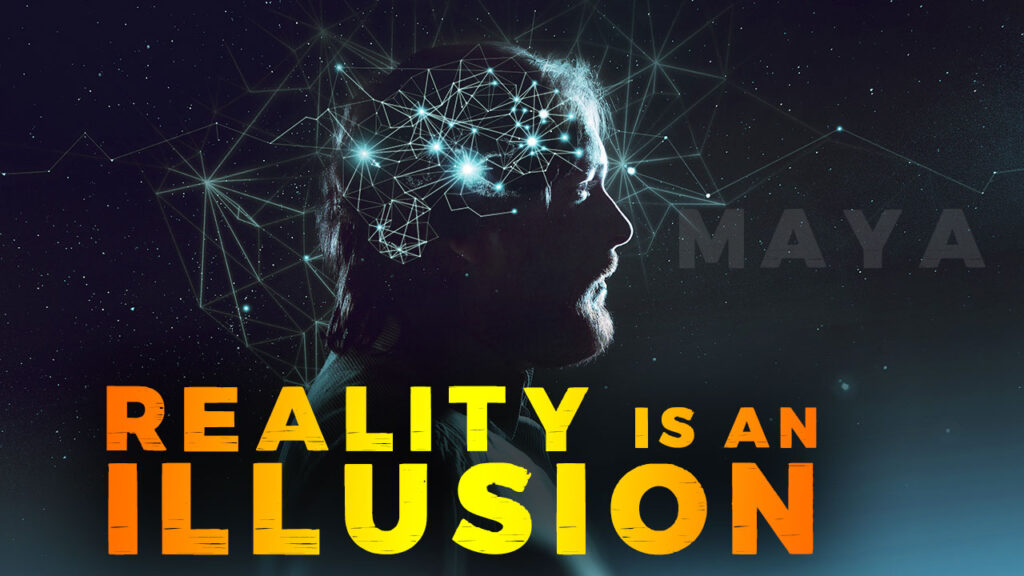
In this podcast, we will explore if the world is an illusion. One of the most ancient spiritual concepts is the Sanskrit Maya, which is often translated as illusion in the sense of the material world we see. But this translation was from Europeans new to Hindu knowledge and, as a result, was translated according to a European perspective that is mainly Christian. To understand such concepts as Maya, we have to understand them from the Hindu perspective and worldview. In saying all of that, Maya is the knowledge that the world is not real, but not the world you think of. The illusion of Maya is much more subtle. What is the illusion of Maya the Hindus have been speaking about for thousands of years? NOTE: This site directs people to Amazon and is an Amazon Associate member. As an Amazon Associate I earn from qualifying purchases, at no additional cost to you. The pages on this website may contain affiliate links, which means I may receive a commission if you click a link and purchase something that I have recommended. This goes a tiny way towards defraying the costs of maintaining this site.
My Top 5 Books of 2020
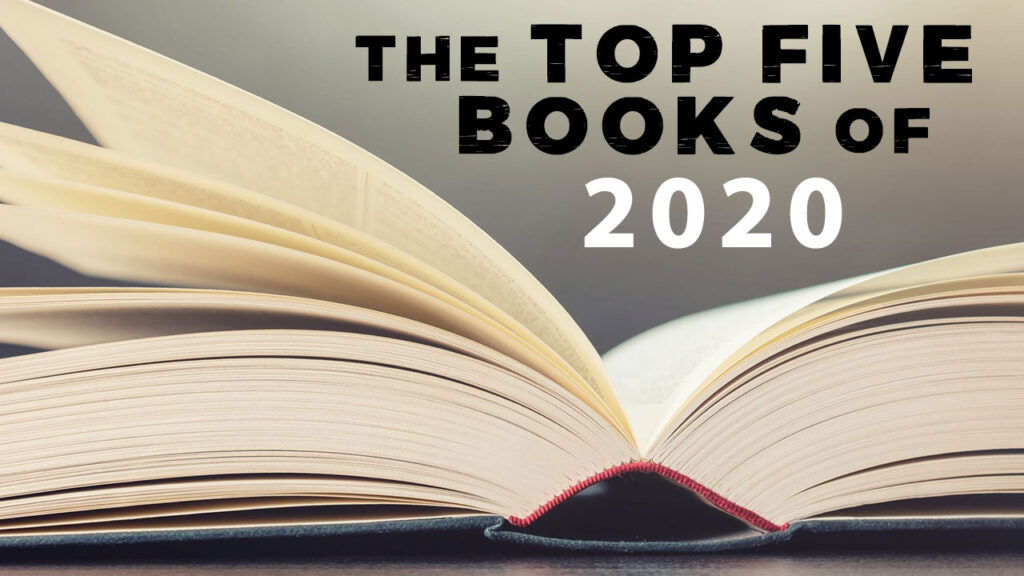
My Top 5 Books of 2020 2020 was an amazing year for books. There were so many great new releases and my new book Emotional Intuition for Peak Performance was published as well. But for myself personally, I reverted back to the classics and read some new translations of texts that I am very familiar with. Usually there will be an odd book in my top five that has nothing to do with Eastern spirituality and philosophy, but this year my top five is strictly books on Eastern spirituality and philosophy. My list of 2020 are books that will give you a deeper understanding of the great traditions and, of course, life and your true nature. Please leave a comment below and tell me which books you read this year and any you would recommend. Without further ado, here is my top 5: Hua Hu Ching: The later Teachings of Lao TzuBy Hua-Ching Ni The Hua-Ching Ni translation of the Hua Hu Ching is in my opinion the best. He encapsulates the cultural nuance that surrounds the text and Taoism itself more than other translations. The text itself is brilliant. I believe that this stands alongside the great Tao Te Ching and in some sense is an extension of its teachings. One problem many scholars and Taoist purists have with this text is that it delves into concepts such as reincarnation. This makes many believe that the Hua Hu Ching is not really a later teaching of Lao-tzu, but rather a combination of Taoism and Buddhism created by later cultures. We can see why some would be concerned, but I don’t share the same concerns. What the Hua Hu Ching does best, is it explains some of the finer details of Lao-tzu’s teachings whilst introducing such concepts as reincarnation. Though, keep in mind that reincarnation is often considered as an original Taoist concept and not something that was imported with Buddhism. Nevertheless, this text is a must have for any serious Taoist or spiritual seeker. It explains thoroughly the relationship between the Tao and a human being. BUY HERE (affiliate link) Self-Knowledge (Atmabodha)By Swami Nikhilananda The Atmabodha is one of the greatest texts from the great Advaita Vedanta sage, Shankara. In my opinion, Self-Knowledge could be Shankara’s best work, even more so than the Vivekachudamani. He explains in fine detail the nature of Atman (undifferentiated consciousness) and Brahman (the Ultimate Reality for which Atman is identical). This is why the text is called Self-Knowledge, meaning Self with a capital S to denote the Atman which is Brahman. This Self is our true nature, but the problem is our ego becomes our ordinary initiator of consciousness which eclipses our recognition of our true nature. Self-Knowledge acts as a remedy for this hypnosis. As Shankara explains in the text, it is all well and good to practice Bhakti yoga (loving devotion to a deity) and Karma yoga (selfless and unselfish action), but if you don’t practice Jnana yoga (path of knowledge and abidance in Brahman) then you won’t have knowledge of the Self, which is why we are all born in the fist place according to Advaita Vedanta. What makes this particular translation special is Swami Nikhilananda’s introduction. Personally, I find his translations the best when it comes to Vedanta, but his introduction in this book runs to page 114 and it is a deep teaching on Advaita Vedanta, one of the deepest actually. He explains almost everything anyone needs to know in 114 pages. This text is a must read for anyone interested in understanding their true nature. BUY HERE (affiliate link) Zen: The Authentic GateKoun Yamada There are many books I’d recommend for anyone new to Zen Buddhism. But what sets this book apart from the rest, is I’d also recommend this book to advanced practitioners as well. It is for both beginners and those who have walked the path for many years. Koun Yamada has an amazing ability to synthesize the most complex aspects of Zen into a language we can all understand and benefit from. What makes this book extra special is that Koun Yamada was the leader of the Zen sect known as Sanbo Kyodan, which is a combination of the two primary Zen schools, Rinzai and Soto. So when he teaches Zen, he explains it from the perspective of both schools because they are synthesized into Sanbo Kyodan. In this book, he explores the suffering of the world, the philosophical tenets of Zen, and also how we should practice to become natural again. This is one of the best books on Zen Buddhism, period. Koun Yamada has left behind for all of us a treasure trove of wisdom that will help our understanding of what it means to be Zen. BUY HERE (affiliate link) The Mandukya Upanishad with Gaudapada’s Karika and Shankara’s CommentaryBy Swami Nikhilananda The Mandukya Upanishad is one of the greatest texts in the world and the most important if you want to understand Advaita Vedanta. It is an intense teaching on nonduality. It reminds us constantly of our nondual nature which reveals how much of our lives is lived in dualistic thinking. But this translation by Swami Nikhilananda is special. As with his other translations, he has a great knack for explaining the depth of the teachings and making them accessible to anyone. His translation of the Mandukya Upanishad, Gaudapada’s Karika, and Shankara’s commentary are second to none. One of the reasons this particular text is important is because of Gaudapada’s Karika and Shankara’s commentary. The Mandukya Upanishad on its own is wonderful, but with the help of the two great Advaita Vedanta sages, Gaudapada and Shankara, we learn the true nature of ourselves. Both made the Mandukya Upanishad accessible from their time until now. What was once a mysterious text hard to understand since the era of the Upanishad’s, is now a great teaching we can understand if we let our ego go. We can thank Gaudapada
Tao Te Ching Chapter 3 Explained: The Art of an Empty Heart
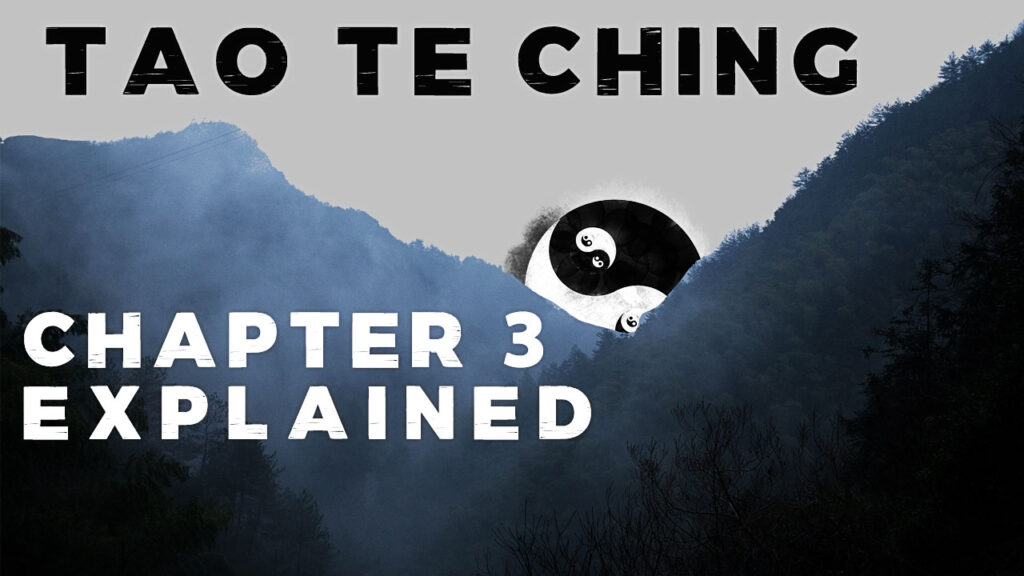
In this podcast, we will dissect chapter three of the Tao Te Ching to give you ultimate clarity on the meaning of the chapter. This is the third episode of the 81 Meditations of the Tao Te Ching, a series where we will explore each chapter of the Tao Te Ching. In the third chapter, the wise sages teach us to empty our hearts and weaken ambition to help us understand our essential human nature. We can come back to our nature by turning our backs on the artificial desires socialization creates and instead return to our natural simple desires (desires of the belly). Freeing ourselves from our attachment to artificial desires/cravings allows us to follow the path of noninterference, where we understand truthfully that when nothing is done, all will be well. NOTE: This site directs people to Amazon and is an Amazon Associate member. As an Amazon Associate I earn from qualifying purchases, at no additional cost to you. The pages on this website may contain affiliate links, which means I may receive a commission if you click a link and purchase something that I have recommended. This goes a tiny way towards defraying the costs of maintaining this site.
New Merchandise at 10% off for You

I’ve been asked by many of you about merchandise. Many have expressed that there are no quality spiritual designs about the great traditions. Well, I agree and thought I’d try my hand at designing some merchandise for all of the community. This first design I created is dedicated to the great Taoist sage Zhuangzi and it highlights his deepest wisdom. The Zhuangzi design is available in a few styles and several colors for both men and women and there are two styles of hoodies available as well. This is only the first design and I will work on some more in the future when I have time between creating YouTube content and writing. To celebrate this first design, I have a special discount of 10% off for all of the community and I will run this from now up until Christmas. Hit the following link and add the promo code TAO33 to get 10% discount on any item https://teespring.com/stores/jason-gregory Remember, in any way you support my work contributes to the evolution of my YouTube channel and future books, so your love and support are deeply appreciated. NOTE: This site directs people to Amazon and is an Amazon Associate member. As an Amazon Associate I earn from qualifying purchases, at no additional cost to you. The pages on this website may contain affiliate links, which means I may receive a commission if you click a link and purchase something that I have recommended. This goes a tiny way towards defraying the costs of maintaining this site.
